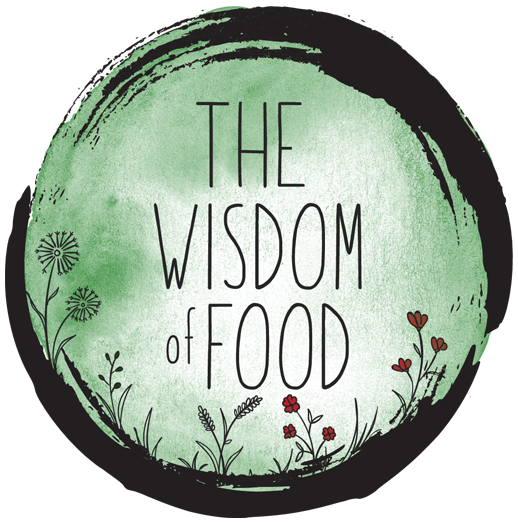In today’s world, adopting healthy eating habits isn’t just about nourishing our bodies; it’s also about making choices that support the well-being of our planet. A sustainable lifestyle goes hand-in-hand with mindful eating practices that promote health, reduce waste, and encourage environmental stewardship. Here are some key strategies to help you cultivate healthy eating habits that contribute to a sustainable lifestyle.
Prioritize Plant-Based Foods
One of the most effective ways to eat sustainably is to prioritize plant-based foods. Fruits, vegetables, legumes, nuts, and grains require fewer resources to produce compared to animal products. Incorporating more plant-based meals into your diet can reduce your carbon footprint, conserve water, and promote biodiversity. Aim to fill half your plate with fruits and vegetables at every meal, and explore delicious plant-based recipes to keep your diet diverse and exciting.
Choose Local and Seasonal Produce
Eating locally grown and seasonal produce is a cornerstone of sustainable eating. Local foods often travel shorter distances to reach your plate, reducing greenhouse gas emissions associated with transportation. Seasonal produce is harvested at its peak, offering superior flavor and nutrition. Visit farmers’ markets, join a community-supported agriculture (CSA) program, or shop at local grocery stores that prioritize regional products. Not only will you enjoy fresher food, but you’ll also support local farmers and the local economy.
Minimize Food Waste
Reducing food waste is crucial for both health and sustainability. Plan your meals, make shopping lists, and buy only what you need to avoid over-purchasing. Store food properly to extend its shelf life, and get creative with leftovers to minimize waste. Composting food scraps is another great way to recycle nutrients back into the soil and reduce landfill waste. By being mindful of your consumption and waste, you can make a significant positive impact on the environment.
Opt for Sustainable Seafood
If you include seafood in your diet, choose options that are sustainably sourced. Overfishing and destructive fishing practices threaten marine ecosystems and deplete fish populations. Look for seafood certified by organizations such as the Marine Stewardship Council (MSC) or the Aquaculture Stewardship Council (ASC). These labels ensure that the seafood was harvested or farmed using sustainable methods. Additionally, consider reducing your overall seafood consumption and incorporating more plant-based alternatives.
Reduce Processed Foods
Processed foods often come with excessive packaging, added sugars, unhealthy fats, and artificial ingredients. They also tend to have a larger environmental footprint due to the energy and resources required for their production and transportation. Focus on whole, minimally processed foods that are nutrient-dense and environmentally friendly. Preparing meals from scratch using fresh ingredients not only enhances your health but also reduces your reliance on packaged and processed products.
Support Fair Trade and Ethical Products
When purchasing food items like coffee, chocolate, and bananas, look for fair trade certifications. Fair trade practices ensure that producers receive fair wages and work in safe conditions. These certifications also promote sustainable farming methods that protect the environment. By supporting fair trade products, you contribute to the well-being of farmers and workers around the world while making ethical and sustainable choices.
Practice Mindful Eating
Mindful eating involves paying attention to the experience of eating, savoring each bite, and being aware of hunger and fullness cues. This practice can lead to better digestion, improved satisfaction with meals, and healthier food choices. Mindful eating also encourages us to appreciate the effort and resources that go into producing our food, fostering a deeper connection to our meals and a greater sense of responsibility for our food choices.
Grow Your Own Food
If possible, consider growing your own food. Even a small garden can provide fresh, organic produce and reduce your reliance on store-bought items. Gardening promotes biodiversity, improves soil health, and can be a rewarding and therapeutic activity. Start with easy-to-grow vegetables and herbs, and gradually expand your garden as you gain confidence and experience. Homegrown food is not only sustainable but also incredibly satisfying to harvest and eat.
Conclusion: A Holistic Approach
Healthy eating habits and a sustainable lifestyle are deeply interconnected. By making conscious food choices, reducing waste, and supporting ethical practices, we can improve our health and protect the planet. Embrace these habits as part of a holistic approach to well-being, and inspire others to join you on the journey towards a more sustainable future. Remember, every small change counts, and together, we can create a healthier, more sustainable world for generations to come.




